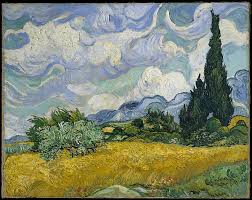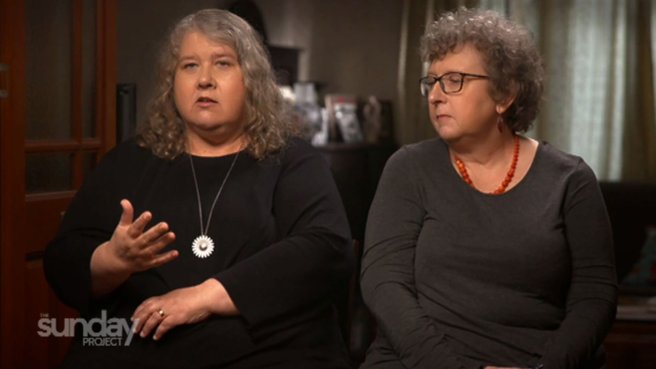Prose at the Fremantle Arts Centre
Helen Hagemann commences the Prose Class at the Fremantle Arts Centre for 2014 on Friday, 7th February. A new series will look at novel writing and the class focus will be on writing chapters/ or stand-alone chapters suitable for the short story writer. In other words, the lessons will reveal the flexibility of how a writer can be inspired to learn the techniques of chapter writing, alternate hooks to keep the reader inspired and focused and to study how a closed or open-ended story ends as a complete and satisfactory piece of work. Writers will read novel chapters from the best writers/ new writers, not only from Australia, but from all over the globe incl. Kate Grenville, Patrick White, Helen Garner, David Malouf,Virginia Woolf, Don DeLillo, Larry Brown, Margaret Atwood, Roddy Doyle, Sonya Hartnett and Donna Tartt to name a few.
Class members will also have the opportunity to contribute their favourite novels towards the experience of this set of parameters. Critiquing sessions will also be included to help the writer achieve publishing goals.
Venue: Fremantle Arts Centre, 1 Finnerty St. Fremantle
Room: 2 - Upstairs in the north wing
Starts: Friday (fortnightly) on 7th February, 2014
Time: 10.00am til noon
Cost: $20 (OOTA members), $25 (non-OOTA members)
Helen Hagemann commences the Prose Class at the Fremantle Arts Centre for 2014 on Friday, 7th February. A new series will look at novel writing and the class focus will be on writing chapters/ or stand-alone chapters suitable for the short story writer. In other words, the lessons will reveal the flexibility of how a writer can be inspired to learn the techniques of chapter writing, alternate hooks to keep the reader inspired and focused and to study how a closed or open-ended story ends as a complete and satisfactory piece of work. Writers will read novel chapters from the best writers/ new writers, not only from Australia, but from all over the globe incl. Kate Grenville, Patrick White, Helen Garner, David Malouf,Virginia Woolf, Don DeLillo, Larry Brown, Margaret Atwood, Roddy Doyle, Sonya Hartnett and Donna Tartt to name a few.
Class members will also have the opportunity to contribute their favourite novels towards the experience of this set of parameters. Critiquing sessions will also be included to help the writer achieve publishing goals.
Venue: Fremantle Arts Centre, 1 Finnerty St. Fremantle
Room: 2 - Upstairs in the north wing
Starts: Friday (fortnightly) on 7th February, 2014
Time: 10.00am til noon
Cost: $20 (OOTA members), $25 (non-OOTA members)























